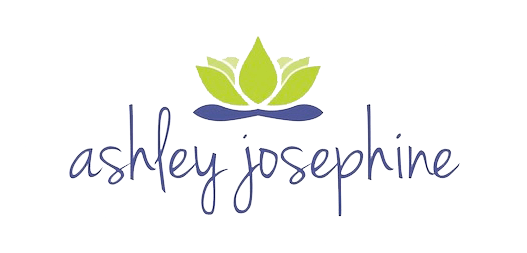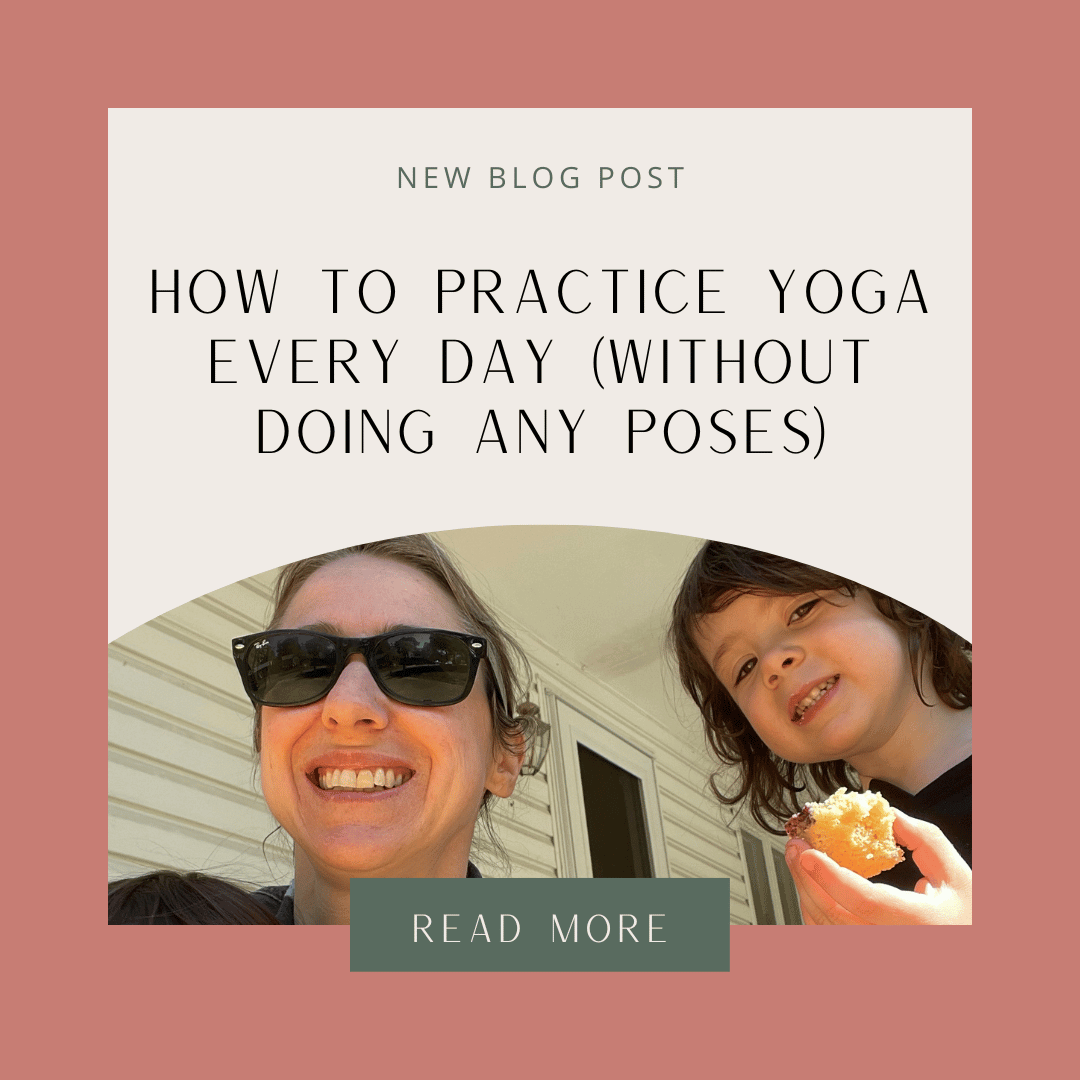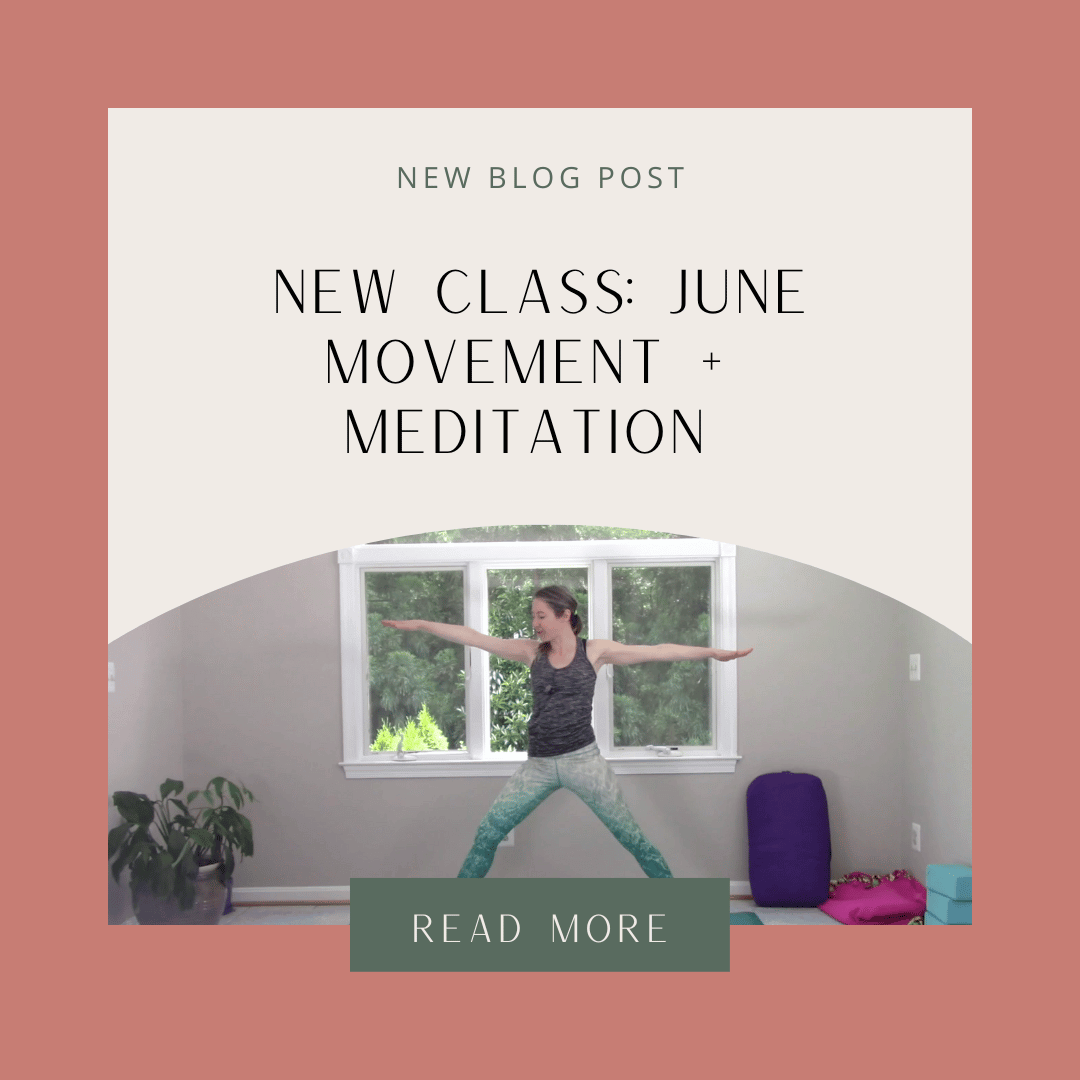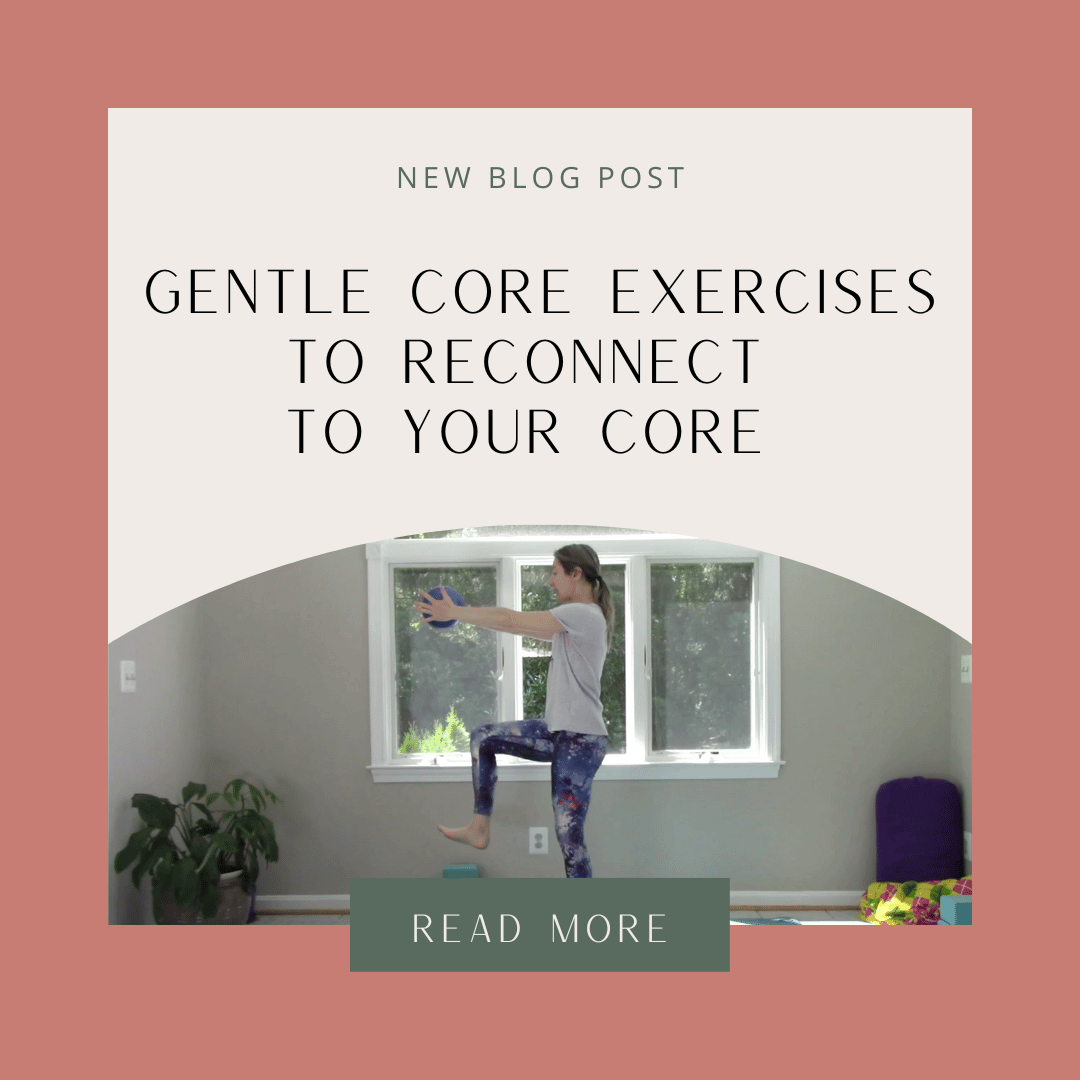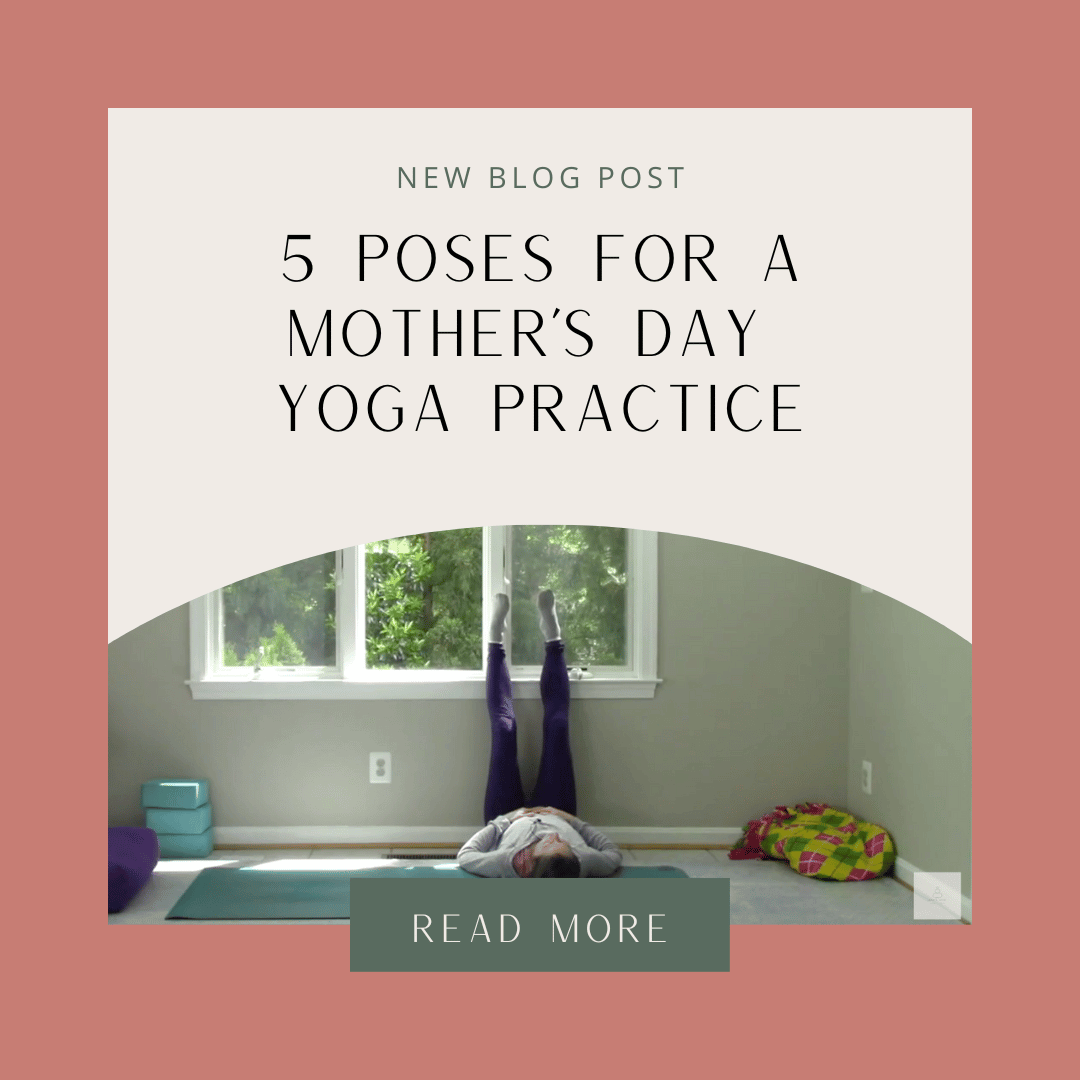 I know I’ve been harping on meditation a lot lately, but it’s really, really important!
I know I’ve been harping on meditation a lot lately, but it’s really, really important!
In the past, I’ve given you creative ways to form your own meditation practice, talked about the Meditation Myth, which I’ll talk more about in today’s video, and combated the common excuse “I can’t meditate.”
Today, I want to share with you a little more about why meditation actually matters so much.
How Meditation Changes Your Brain
On a physiological level, practicing meditation actually rewires our brain. Numerous studies have found that practicing meditation reduces the density of our amygdala, the part of the brain responsible for formulating the way we experience stress and anxiety. With less density, comes less activity in this region, meaning meditators are less affected by stress and anxiety in their daily lives.
At the same time activity in the amygdala decreases, meditators increase activity in the prefrontal cortex, which leads to an overall increase in cognitive function and potentially reverses the negative effects of aging on the brain.
Dr. Sara Lazar, a neuroscientist from Massachusetts General Hospital and a leading mindfulness meditation researcher, found in her studies that meditation also increases gray matter in the left hippocampus and other regions of the brain that regulate how we learn, process memories, regulate our emotions and perceive daily events. The build-up of gray matter over time helps us become a more balanced, happier person!
More Meditation Benefits
Beyond the physiological and structural changes in the brain, meditation has also been proven to help with addictions, depression, eating disorders, blood pressure regulation, and reduces our sensitivity to pain among many other benefits.
Meditation research began back in the 1970’s when Dr. Herbert Benson, out of Harvard, published the book and coined the term The Relaxation Response based on activating the parasympathetic nervous system to reduce the rush of cortisol that floods our systems when we operate in high stress states for long periods of time. Since then, and especially recently, meditation research has exploded, proving scientifically what old naked men living in caves 2,000 years ago somehow found to be true from their own experimentation.
How Meditation Can Help You
Much of meditation research today focuses on how the practice can help cure those suffering from emotional trauma and psychological diseases – anything from depression to addiction to personality disorders to PTSD. This is incredibly heartwarming to know that meditation practice can help those suffering from serious illness, but it’s also a big win for those of us suffering from the disease of daily life.
Stress and anxiety has become all too common a complaint for many of us, especially when we’re juggling a variety of passions, responsibilities, and trying to find happiness all at the same time.
Meditation is like exercising. Sometimes you really, really don’t want to do it, and it’s hard to see the tangible results – it’s not like you can physically see the gray matter increasing in your left hippocampus. What you will “see” is a change in how you feel. You’ll notice you react less, your buttons are harder to push, you feel happier, lighter and more compassionate toward yourself and others. Life starts to seem a bit less grim and opportunities, possibilities, and even the concept of freedom, starts to become a reality rather than a dream.
Life becomes better when you meditate. The yogis figured it out. The hippies drank the kool-aid. The researchers proved it to be true, and now you have the chance to feel the shift for yourself.
In today’s video, I talk a little more about the Meditation Myth to ease your fears about the practice. I also guide you through a simple, short practice you can start incorporating into your life now. Join me!
Do you know someone in your life who is going through a lot of stress and anxiety these days? Send them this article so they can read about the benefits of meditation for themselves and try it out!
Image credit: Moyan_Brenn_BE_BACK_IN_SEPTEMBER
